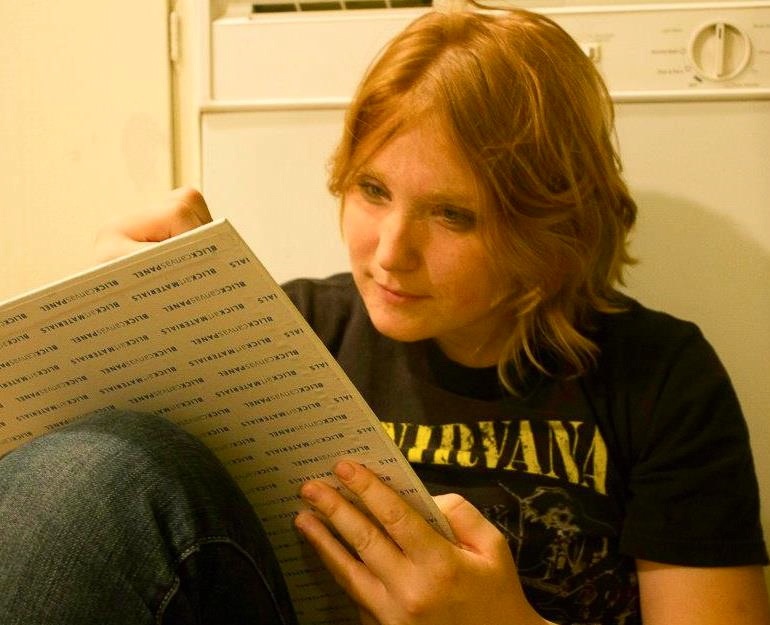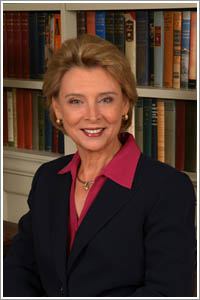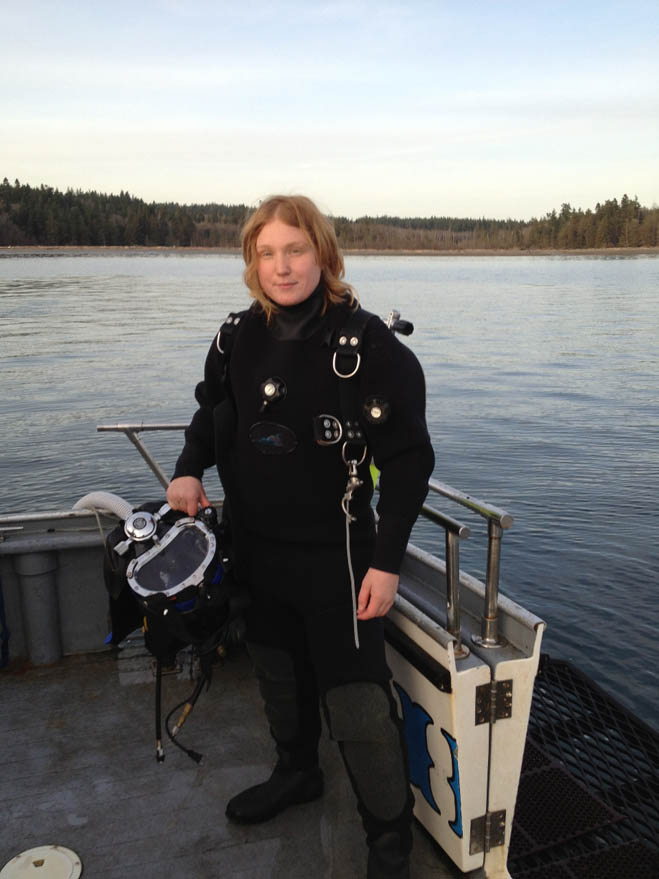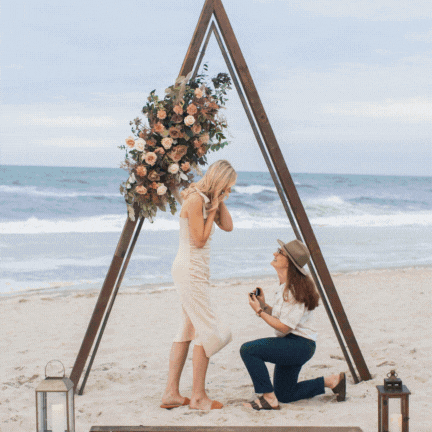
Heather Purser
Heather Purser is a trailblazer in Washington State’s current momentum toward legally recognizing same-sex marriage. Purser, a member of the Suquamish Tribe, began lobbying for her tribe to recognize gay marriage in 2008. Thanks to her perseverance, the Suquamish voted in March 2011 to approve an ordinance sanctioning same-sex marriage. The decision also helped spark statewide support.
“The issue was very well received by our (tribal) membership, and it was a unanimous decision as far as the council was concerned,” says Jay Mills, Suquamish member and one of seven elected council members who voted for the ordinance. “It was a matter of equal rights and recognizing individuals as individuals.”
 The Suquamish Tribe is the first and only tribe in Washington to officially recognize same-sex marriage and one of only a handful in the nation. The new ordinance confers treaty rights—such as hunting and fishing on tribal lands—to same-sex spouses. While the the Suquamish Tribe’s ordinance does not supersede state or federal laws, it was a partial inspiration for Washington State lawmakers. Washington State Governor Christine Gregoire (left) hosted a Jan. 13, 2012, news conference announcing her intent to introduce same-sex marriage legislation. In her address, she specifically referenced Washington’s Suquamish Tribe as a role model for moving forward statewide.
The Suquamish Tribe is the first and only tribe in Washington to officially recognize same-sex marriage and one of only a handful in the nation. The new ordinance confers treaty rights—such as hunting and fishing on tribal lands—to same-sex spouses. While the the Suquamish Tribe’s ordinance does not supersede state or federal laws, it was a partial inspiration for Washington State lawmakers. Washington State Governor Christine Gregoire (left) hosted a Jan. 13, 2012, news conference announcing her intent to introduce same-sex marriage legislation. In her address, she specifically referenced Washington’s Suquamish Tribe as a role model for moving forward statewide.
Purser was invited to attend the press conference and had the opportunity to personally talk with Gregoire. “It was really exciting and I was happy to be there,” says Purser. “I do feel that it’s about time.”
Purser’s own road toward embracing marriage equality required years of personal introspection. “I wasn’t so worried about coming out originally. I was more worried about asking for equal rights,” says the now 29-year-old Purser. “I didn’t know how to say I’m gay and I think I should have the same rights as everyone else.”
“I noticed how much happier I felt and wanted to bring that feeling with me back to Suquamish where my family was. I started thinking about how to do that and it just clicked one day [to pursue marriage equality],” she says.

She began speaking to individual tribe members whom she described as having a “non-attitude”—not opposed, but not gung-ho to take action.
The issue stalled for a few years until Purser addressed the tribe during a general council meeting in 2010. With her family standing behind her for support, Purser stated her case in front of nearly 300 tribal members.
“I was expecting a fight and was ready to argue, but no argument ever came,” says Purser. There were no objections, just overwhelming support.
“It took a lot for her to do that and she addressed it head on,” says Mills who has served a total of more than 15 years on the tribal council. “She was really applauded. It was very emotional.”
“I expected the reaction to be supportive because it reflects the tribe’s views on human rights, but I didn’t necessarily expect it to be unanimous. That was a bit of a surprise,” says Rob Purser, a Suquamish member and Heather’s father. “I think part of it is that our culture considers it to be a spiritual gift if someone is different.”
No same-sex marriages have occurred yet, but it has heightened awareness and acceptance. Mills also is the director of the Kiana Lodge, a resort property owned by the Suquamish Tribe. The lodge has hosted numerous weddings for non-tribal couples and is enthusiastic about hosting more. “We have open arms and love the idea of being a part of anyone’s wedding celebration—gay or not,” says Mills.
“It’s a place where you feel totally yourself and accepted. That is the sense I have about the tribe,” says Sarah van Gelder, executive editor for Yes! magazine and a founding member of the Suquamish Olalla Neighbors, a community group which supports Suquamish causes.
Purser was recognized for her leadership by Seattle Mayor Mike McGinn at the 16th annual Seattle Human Rights Day Celebration in December 2011. Purser also will receive special recognition on February 16, 2012, at the Greater Seattle Business Association’s annual Business and Humanitarian Awards.
For her part, Purser is happy to have encouraged a more open dialogue regarding sexuality. However, her advocacy is primarily a matter of the heart. Purser, currently a commercial geoduck diver for the Suquamish Tribe, is in a committed two-year relationship. She chuckles that her girlfriend, Becca Platt, was somewhat unaware of her political advocacy until the tribal vote was taken.
“I would bring it up occasionally when I was going to a meeting, but I didn’t talk about it much. When it was about to happen, she was pretty surprised!” says Purser with a laugh.
While they do not have immediate plans to walk down the aisle, knowing that it is officially recognized and valued by their peers has warmed them to the general idea.
“I never really believed in marriage that much until Heather did this,” says Platt. “I didn’t want to get married if it wasn’t legal for everyone, but this gave me hope. It inspired me to think about marriage again.”
With all the recognition Purser has received, that is perhaps the greatest of all. “I’m much more at peace now,” she says.
Photos: Heather Purser courtesy of Heather Purser; Gov. Gregoire courtesy of Washington Governor’s office





















